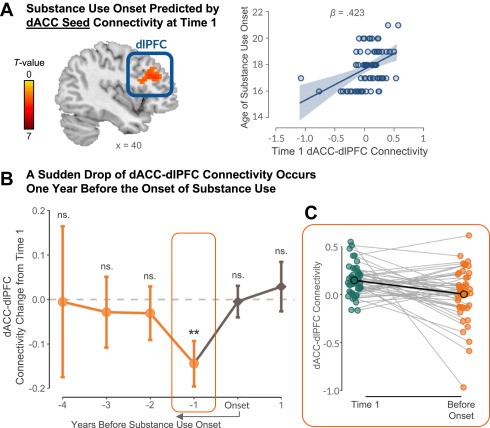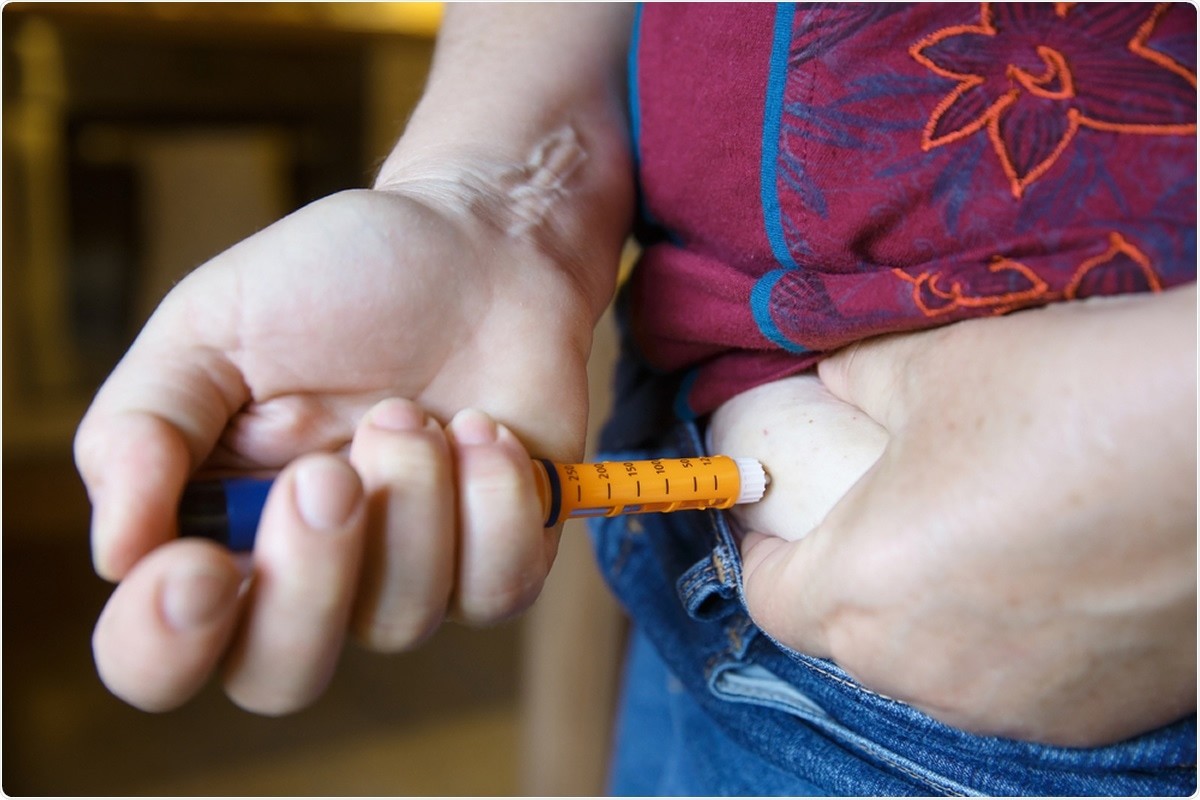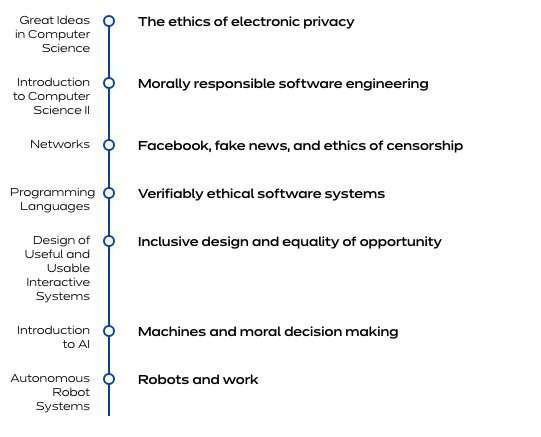Featured
Parents Defend Anti-Vaccination Stance After Child's Fatal Measles Case in Texas

A Mennonite couple from Gaines County, Texas maintains their anti-vaccination position even after losing their 6-year-old daughter to measles complications. The case emerges amid Texas's largest measles outbreak in 30 years, affecting primarily the local Mennonite community.
Infant Brains Form Memories Like Adults, Yale Study Reveals

Groundbreaking Yale research using fMRI reveals babies as young as one year old form memories similarly to adults, challenging beliefs about infant memory capabilities. The study found infants' hippocampal activity during image viewing predicted later recognition, suggesting early memories may persist until preschool age.
Children's Body Image Perceptions Form Earlier Than Previously Thought

Research from Durham University reveals that children as young as seven begin developing lasting perceptions about body image through visual exposure. The groundbreaking study examining over 200 participants has launched a £2 million initiative to address body image concerns globally.
Brain Scans Reveal Early Warning Signs of Teen Substance Abuse Risk

A groundbreaking seven-year study from Virginia Tech demonstrates how changes in brain connectivity patterns can predict adolescent substance use before it begins. The research offers hope for earlier intervention by identifying specific neural networks that indicate risk factors for future drug and alcohol use.
Texas Measles Outbreak Intensifies as HHS Secretary Emphasizes Vaccination Choice

As measles cases surge to nearly 150 in Texas with one fatality, HHS Secretary Kennedy addresses the public health crisis while maintaining vaccination as a personal choice. The outbreak, primarily affecting an undervaccinated Mennonite community, reflects declining national immunization rates since COVID-19.
Australian Study Debunks Link Between COVID-19 and Early Type 1 Diabetes in Children

A comprehensive study of 1,277 Australian children found no connection between COVID-19 infection and early-stage type 1 diabetes development, challenging findings from the Northern Hemisphere. The UNSW-led research suggests other pandemic-related factors may explain global diabetes increases.
Ethics Gap in Computer Science Education: Only Half of Global Programs Include Ethics Training

A global study of 250 computer science programs reveals a concerning trend: only 50% offer dedicated ethics courses, with just one-third making them mandatory. This gap raises alarm as AI and emerging technologies increasingly demand ethical considerations in development and implementation.
Primary School Children Show Superior Ability in Understanding Cause and Effect

A groundbreaking study reveals that primary school children outperform both younger and older age groups in associative learning abilities. The research challenges previous assumptions and provides valuable insights into age-specific learning patterns that could inform educational approaches.
School Employee Fired After Lunch Program Donation Controversy Sparks Trust Debate

A veteran cafeteria worker at an Alabama elementary school was terminated after accepting unauthorized donations for the lunch program and subsequently lying about it to administrators. The controversial decision has ignited discussions about school lunch funding protocols and appropriate disciplinary measures.








